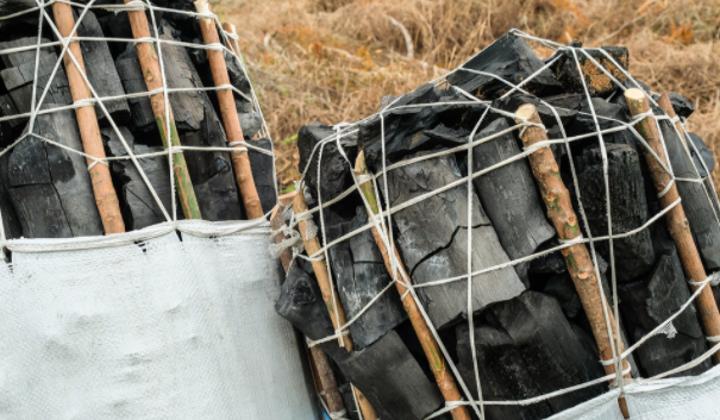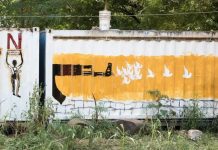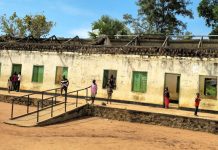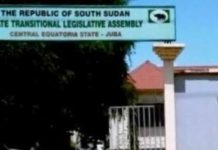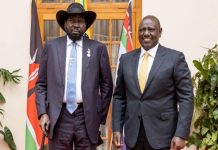Africa-Press – South-Sudan. South Sudan’s forest is at risk of depletion if the government fails to regulate and provide alternative sources of energy to stop the ongoing scale of deforestation, a study by SSUD Institute has revealed.
The researchers said charcoal has emerged as a vital source of livelihood for the country’s poverty-ridden citizens and the primary energy choice, accounting for 96 per cent of cooking fuel for the growing urban population, putting more pressure than before on forests.
The report, which equated the intractable conflicts that have affected South Sudan’s ability to develop its energy sector, also pointed out that the high rate of poverty and ignorance were the contributing factors to deforestation.
Despite having the lowest electricity consumption in Africa, the report said South Sudan has the highest cost of energy in the world, placing pressure on the forest from impoverished communities and businesses.
The study further said the practice would have a negative impact on the ecosystem, and ultimately lead to tragic consequences, including violence between the charcoal producers, and local inhabitants of the production areas.
“To ensure the charcoal sector contributes to a sustainable energy mix and end the tragedy of the unregulated, we recommend the following,” the researchers told the government, adding: “Enforce the existing charcoal export ban by enhancing regulatory capacity, including establishing a special environmental and forestry police unit.”
They also called on the government to strengthen border control, train the police and armed forces on ethics and environmental awareness, and equip the special units with tools to monitor, detect, and arrest those engaging in illegal production and export of charcoal.
Nothing much done
According to the report, despite an export ban, traders have continued to illegally produce and export charcoal through various exit points to neighbouring countries and beyond, even to the Persian Gulf.
Reports showed that South Sudan had 13.3 million hectares of tree cover in 2010, extending over 21 per cent of its land area of 644,330 Km2 but lost 2.33 Kha of tree cover, equivalent to 1.09 Mt of carbon dioxide emissions in 2020.
The 2020 report by the Conflict and Environment Observatory indicated that South Sudan had one of the highest deforestation scales in Africa, with the Western Equatoria State’s level standing at 3,160 hectares per year.
The International Organisation for Migration (IOM) 2021 report, however, showed the impacts of deforestation in the war-ravaged country affected not only land but the vulnerable women and girls who have to cover some distance to fetch firewood, hence facing sexual assault and rape-related risks.
South Sudan is yet to implement the planned 3,000 megawatts of power from hydro solar, wind, geothermal, and natural gas. The Minister of Environment and Forestry, Josephine Napwon, said this would cut the rate of deforestation and dependency on fossil fuels by 2022.
The Sudd Institute is an independent research organisation based in Juba that conducts and facilitates research and training to inform public policy and practice.
Early this year, Ms. Napwon accused members of organised forces adversely affected by the delay and irregular salary of waging an unprecedented war on forests as an alternative source of livelihood.
“Most of our rebellion is going on with the cutting of the trees, which is normally done by the people in uniforms. Our plan now is to put nursery facilities in all the states so that we can have enough seedlings to replace the trees cut down by the forces, “Napwon said in January this year.
For More News And Analysis About South-Sudan Follow Africa-Press

